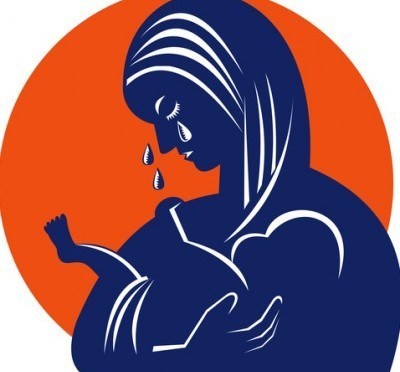Postpartum Depression and Divorce

Postpartum Depression is a mental health disease that is often undiagnosed and can be a factor that leads to separation and divorce. It is important to know the signs of postpartum depression so it can be properly treated. Untreated postpartum depression may cause the father/husband to feel as if his wife is withdrawn or is no longer interested in the relationship. These are just symptoms of the disease and will go away if the disease is properly treated.
The website www.postpartumprogress.com offers an exhaustive list of signs of postpartum depression. If you believe that your wife is exhibiting any of the signs of postpartum depression, then it is important to learn how to act around someone with the disease in order to prevent the relationship from breaking down. Similarly, if you believe that you have postpartum depression, then you should share this list with your partner.The following list from www.postpartumprogress.com provides six things that a husband/father or partner can do to help the situation:
- Know that we are not trying to be difficult
- Know that making simple decisions can be hard for us. Our minds are firing at 100 thoughts per second (or, for others, our minds aren’t firing at all). It is hard to filter through all of those thoughts to come up with a decision.
- If you find that we are getting flustered by making a choice, be patient with us.
- Don’t demand an answer.If we cannot come up with a solution, it is more than ok to give us one. Don’t be afraid to just say “Ok, we’re going to XYZ for dinner”. The majority of the time (for me, anyway) we are worried about the kind of impact our decision will have on you and others. By choosing for us, we feel less pressured … and in my case totally relieved.
- Give us simple choices. Don’t ask things like “What colour should we paint this room?” because you will end up with a room painted orange.
As a family law attorney I deal with mental health issues on a regular basis. Clients come to me when there is a breakdown in his or her relationship and very frequently it is due to mental health issues. It is my job to understand the underlying reason(s) for the breakdown in the relationship or marriage and offer suggestions on how best to deal with the situation going forward. This is especially important in a child custody dispute when advocating on behalf of my client to the court. By knowing the signs of a mental disease you or your advocate can explain to the court why it is in the best interests of the child to live with a specific parent.